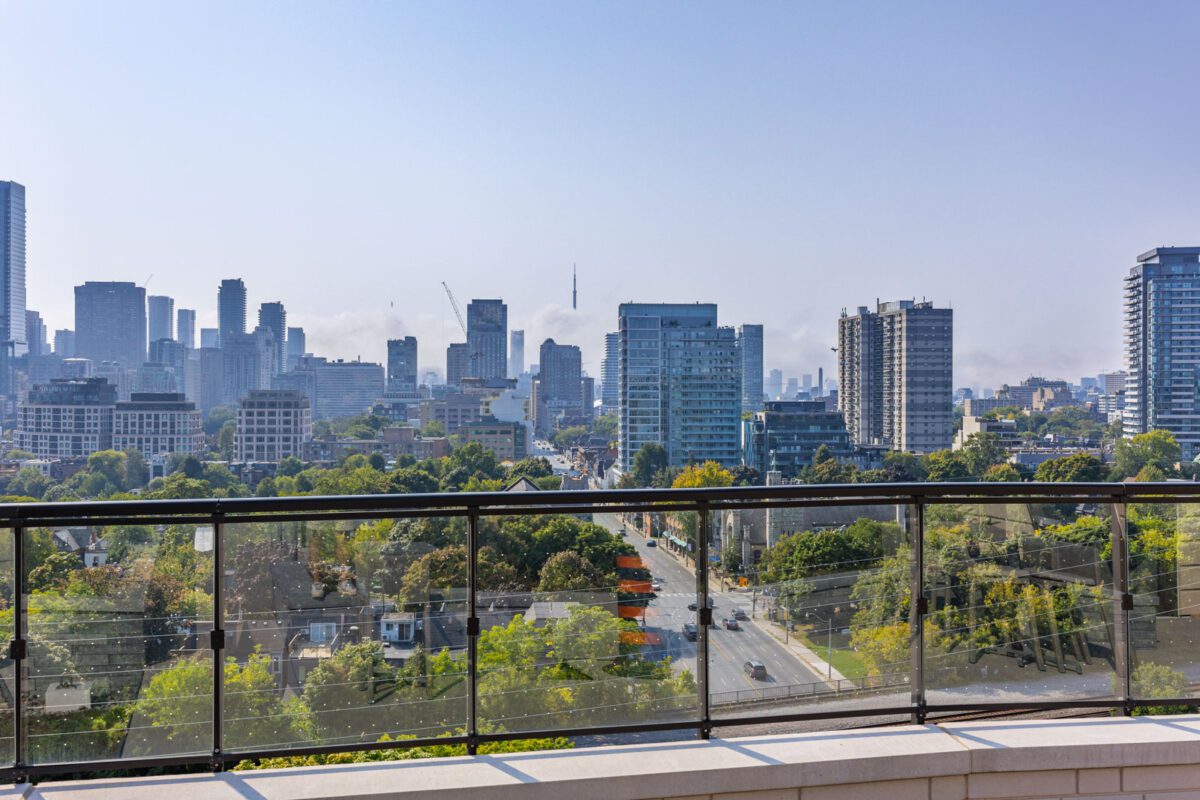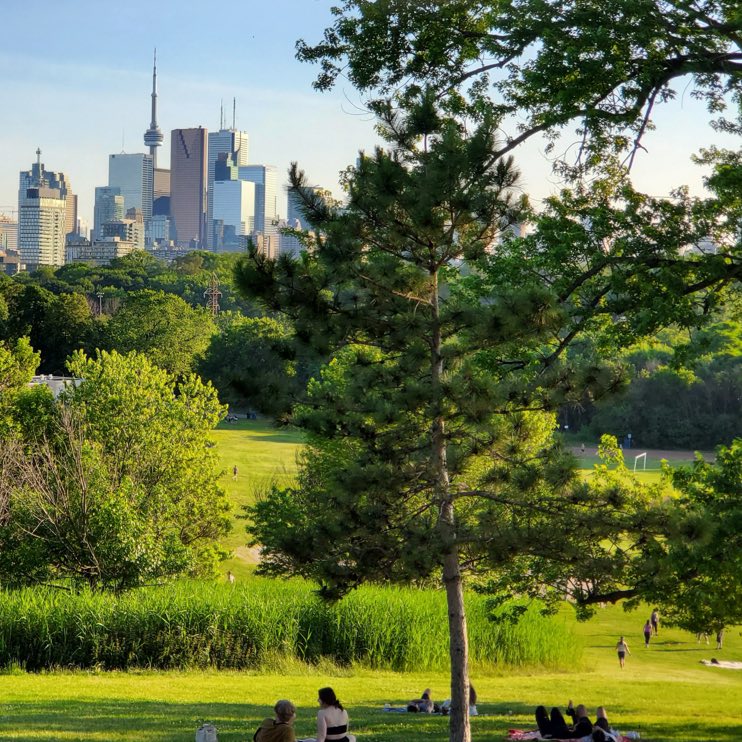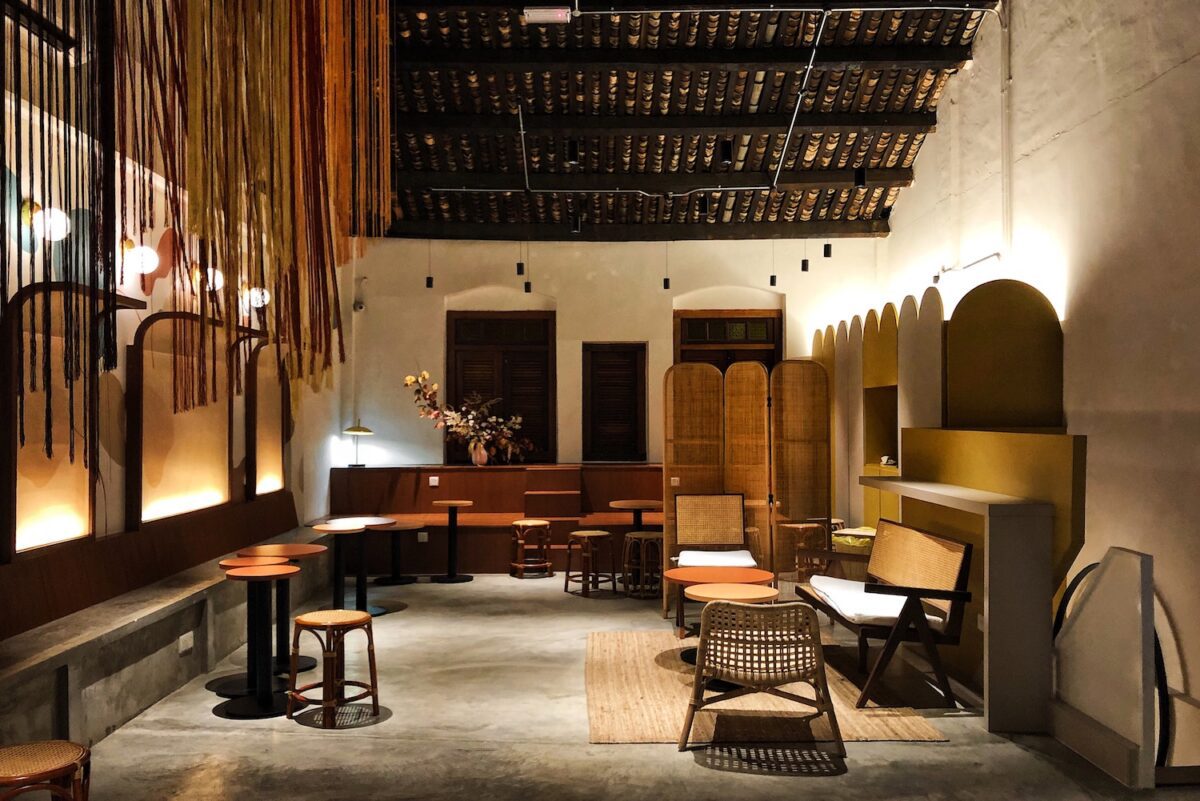What high-income buyers often overlook when planning a move
Relocating to Toronto—whether for career opportunities, better schools, or a lifestyle upgrade—can feel like a bold and exciting decision. But beyond the headline price of a home, there’s a long list of hidden costs that catch even the most financially prepared buyers off guard.
As a Toronto realtor who specializes in helping families and professionals relocate with confidence, here’s what I want you to know before you make the move.
1. Inter-Provincial Moving Expenses (That Add Up Fast)
Hiring a long-distance mover isn’t cheap—and costs have climbed significantly in 2025. Whether you’re moving from Calgary, Vancouver, or Montreal, the average cross-country move for a family now ranges from $8,000 to $15,000, depending on distance and volume.
What people forget: You may also need storage, temporary housing in Toronto, or a hotel stay between closing and possession.
2. Bridge Financing or Rent While You Search
If you sell your home in another province before buying in Toronto, you may need temporary rental accommodation—and Toronto rents are among the highest in the country.
Alternatively, if you buy first, you may need bridge financing, which comes with interest fees and administrative costs that aren’t always easy to budget for.
3. Land Transfer Tax (Yes, Two of Them)
Toronto has both a provincial and a municipal land transfer tax. For a $1.8M home, the combined tax can exceed $60,000—and that must be paid in cash at closing.
Tip: First-time buyers get a small rebate, but most relocators won’t qualify. Always calculate this in your closing costs.
- Buying a Home in Toronto: Unique Aspects to Consider
- Maximizing Your Toronto Real Estate Investment: Tips for Buyers
4. Private School Application Fees and Deposits
Families relocating for schools often underestimate how quickly private school costs add up. Expect to pay:
- Application fees: $250–$500 per child (non-refundable)
- Deposits: Often $5,000–$10,000 just to secure a spot
And many Toronto schools fill up a year in advance, which may mean your child is temporarily out of their desired school system—something that might force you into short-term living arrangements near a backup school.
Searching for more school-related resources? Explore these other pages from our site.
5. Property Tax Shock
Compared to other provinces, Toronto’s property tax rate is low—but because home values are so high, new buyers are often shocked by their annual bill.
For a $2M home, you’re looking at $12,000–$16,000 per year depending on the location and any improvements assessed.
6. Customizations and Renovation Costs
Most homes in Toronto—especially in top neighborhoods—will need some degree of work: landscaping, fencing, painting, or a full renovation.
Materials and trades are still expensive in 2025, and finding reliable contractors takes time. Even minor cosmetic work can hit $30K–$50K quickly.
7. Legal Fees, Inspections & Title Insurance
Closings in Ontario involve more legal procedures than in some provinces. You’ll need:
- A real estate lawyer ($1,800–$3,000+)
- Title insurance ($300–$500)
- Home inspections ($500+), especially if you’re buying an older Toronto property
8. Transit and Commuting Costs (If You’re Car-Dependent)
If you settle in a neighborhood without good public transit, be ready to rely on a car—or two. Gas, parking (especially downtown), insurance, and maintenance in Toronto are noticeably higher than in many other Canadian cities.
Final Thought: Plan Beyond the Price Tag
Toronto is a fantastic place to live—but relocating here requires more than just a down payment and a mortgage approval. Knowing the true costs of moving can help you budget smartly and avoid unpleasant surprises.
If you’re considering a move to Toronto and want expert help from someone who’s walked families and professionals through this journey many times—reach out. I’ll help you plan beyond the listing price.
Send an email at olena@agentolena.com or call 647.294.3039 to get started.














